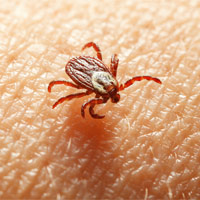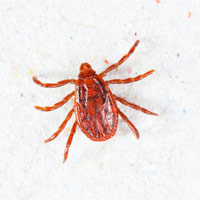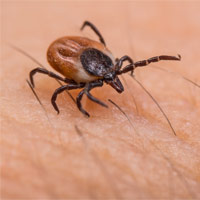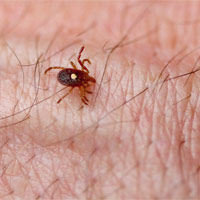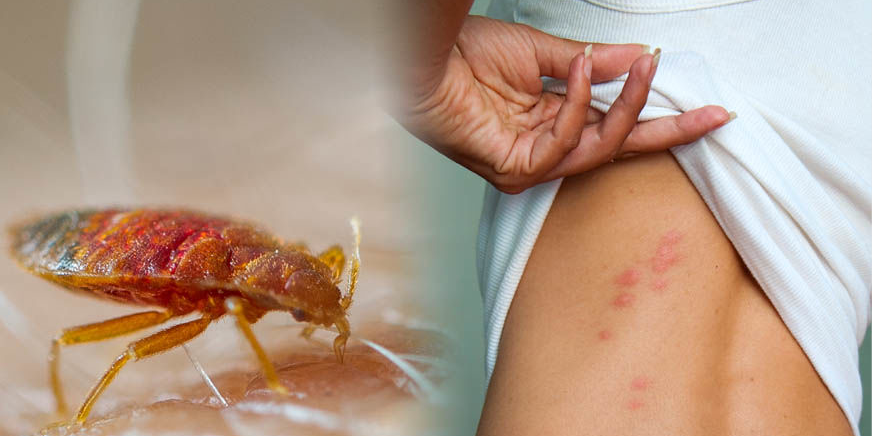Adult bed bugs have a lifespan of nearly one year depending on regular access to blood meals and favorable temperatures, while female bed bugs can produce about 113 eggs throughout their entire life.
What are bed bugs?
Bed bugs are blood-sucking insects that can cause a variety of health effects. These include skin rashes, allergic symptoms, and even psychological effects such as stress and insomnia. They are not known to transmit pathogens.
Where do bed bugs live?
Bed bugs have a cryptic lifestyle. This means that majority of their time is spent hiding in cracks and crevices where they remain undisturbed or noticed. They become active between 12 am to 5 am when the human host is in a deep sleep mode.
What are bed bugs attracted to?
Bed bugs are attracted to body heat and carbon dioxide (CO2) which is exhaled but only detectable from short distances (approximately within a 3-feet radius).
What is the reproductive cycle of bed bugs?
Females can lay between 3 to 4 eggs daily until the end of their lifespan. Female bed bug lifespans can last approximately 9 months under warm conditions. They can generate as many as 500 eggs in this period.


